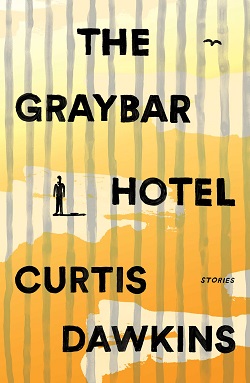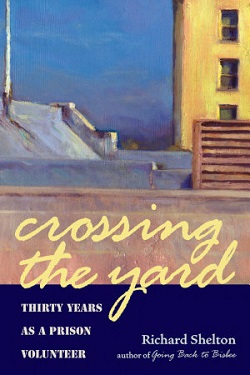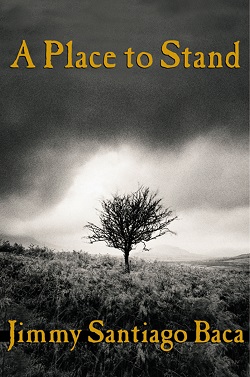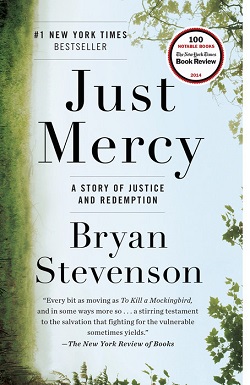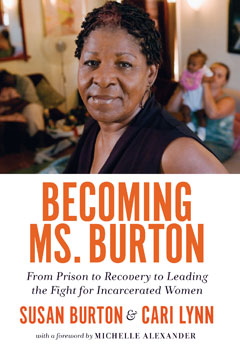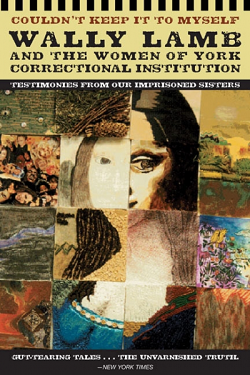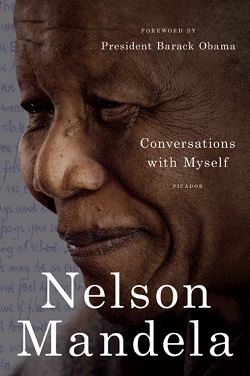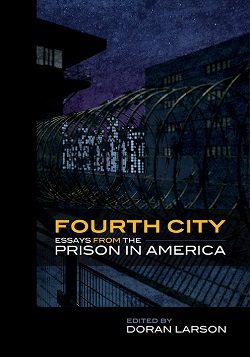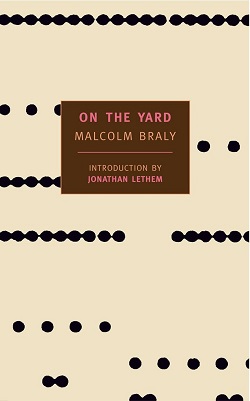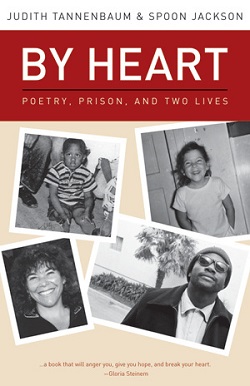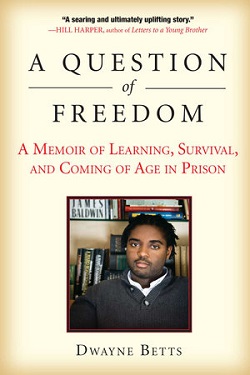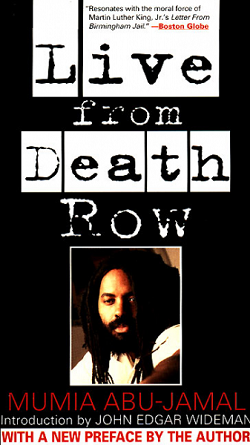In the fall of 2011, I was given the profound opportunity to participate in an internship reading and critiquing the writing of inmates. This experience deeply affected me, leading to my continued dedication to prison education and belief in the power of books and writing to change lives. Below are some of my favorite pieces of prison lit, some written by inmates themselves, some by teachers who have been brave enough to cross the thresholds of America’s prisons. They serve as a stark reminder of the realities of prison life, giving a voice to an often otherwise-forgotten population.

Books Behind Bars: 12 Outstanding Works of Prison Lit
The inspiration for this list, THE GRAYBAR HOTEL is my favorite new addition to prison lit. From Curtis Dawkins, an MFA graduate and convicted murderer, comes a collection of short stories that takes readers inside the American prison system. Dawkins’s characters give voice to those who are often dehumanized within our criminal justice system, sharing their hopes, memories, doubts, and desires.
MENTIONED IN:
An English professor at the University of Arizona, Richard Shelton teaches creative writing workshops in prisons across the state. This memoir tells his struggle to get into the prisons, the lives he’s seen changed through writing, and the gritty underbelly of the American prison system.
MENTIONED IN:
If you have not read poetry by Jimmy Santiago Baca before, click here and start now. Don’t worry. I’ll wait... Now that you’ve acquainted yourself with, in my opinion, one of the best poets of our time, you may be surprised that, at 21, Baca entered a maximum security prison illiterate and facing five to ten years for drug-related charges. A PLACE TO STAND is Baca’s memoir, covering his life up until his conviction and how words changed him as he served his time.
In my strong opinion, Jimmy Santiago Baca is one of the best poets of our time—but what makes his poetry all the more engaging is the powerful story behind it. At age 21, Baca was illiterate and facing five to ten years behind bars for selling drugs. A PLACE TO STAND is his humbling and beautiful memoir that includes his time in a maximum-security prison, where he discovered literature and a love for poetry that would lead to his success following the end of his sentence. —Erin
This one’s at the top of my to-read list. More than just a story of American prisons, this memoir encompasses our entire legal system. Bryan Stevenson was a young lawyer when he founded the Equal Justice Initiative, a legal practice dedicated to defending the country’s most vulnerable. JUST MERCY is both his story coming-of-age as a lawyer and those of his clients, ultimately showing the need for mercy while pursuing justice.
A powerful true story about the potential for mercy to redeem us, and an unwavering call to fix our broken justice system, from the influential lawyer behind the Equal Justice Initiative.
MENTIONED IN:
While women only make up 6.7 percent of the inmate population in the United States, they also face very unique challenges while incarcerated. Due to her drug addiction, Susan Burton was cycled in and out of prison for 15 years. Once clean, she began working to support women facing similar struggles. BECOMING MS. BURTON follows her journey and humanizes the impact of mass incarceration.
MENTIONED IN:
Being a fan of Wally Lamb’s fiction, I couldn’t resist this collection. Many may not know about Lamb’s time spent teaching writing to a group of female inmates in Connecticut. In COULDN’T KEEP IT TO MYSELF, the women describe their imprisonment by abuse, rejection, and their own self-destructive behavior before they entered the criminal justice system. Ultimately, these are stories of hope and healing, showing the power writing and expression had on these women’s lives.
MENTIONED IN:
While many have read Nelson Mandela’s bestselling autobiography, LONG WALK TO FREEDOM, or seen the 2013 movie based on it, some of the best insight into Mandela and his 27 years of imprisonment can be found in the letters, notes, and even doodles compiled in this collection. While this book, obviously, does not examine prison life in America, it does provide strong insight into the affects of imprisonment and isolation.
MENTIONED IN:
The title for this essay collection stems from the number of incarcerated Americans, roughly 2.26 million, which outnumbers the population of the fourth largest city in the country. This collection makes a moving and eloquent statement about the criminal justice system through more than 70 essays from inmates in 27 states.
MENTIONED IN:
Possibly the first piece of modern prison lit, ON THE YARD was written by Malcolm Braly while he served time at San Quentin in the 1960s. The novel follows two inmates, Chilly Willy, the head of the prison’s flourishing black market in drugs and sex, and Paul, who is seeking redemption after murdering his wife. While this is a fictionalized account, Braly uses his own experiences to paint a complex picture of the penitentiary.
MENTIONED IN:
Judith Tannenbaum and Spoon Jackson met while Judith was teaching a poetry workshop at San Quentin State Prison in 1985 and Spoon was serving a life sentence for murder. Over the next 20 years, they would continue their correspondence, culminating in this dual memoir about art, education, prison, possibility, and how their extremely different lives led them both to poetry.
MENTIONED IN:
At 16, Dwayne Betts was arrested after a carjacking. He was convicted and given a nine-year sentence to be carried out as part of the adult population. A QUESTION OF FREEDOM is a memoir of the moments that led to his crime and how the books he discovered while in prison shaped his identity while coming-of-age in an otherwise hostile environment.
MENTIONED IN:
When this collection was published, Mumia Abu-Jamal was in a Pennsylvania prison awaiting his state-sanctioned execution after what many called an extremely biased trial. His sentence has since been commuted to life without parole, but his writings still serve as a unique, harrowing look at racism and political bias in the American judicial system, along with the brutalities of prison life.
MENTIONED IN:

